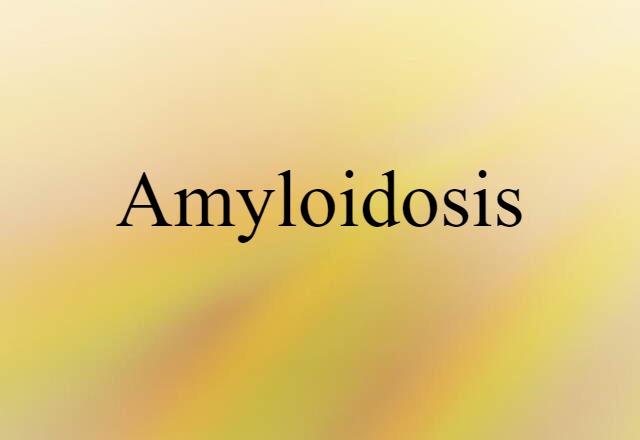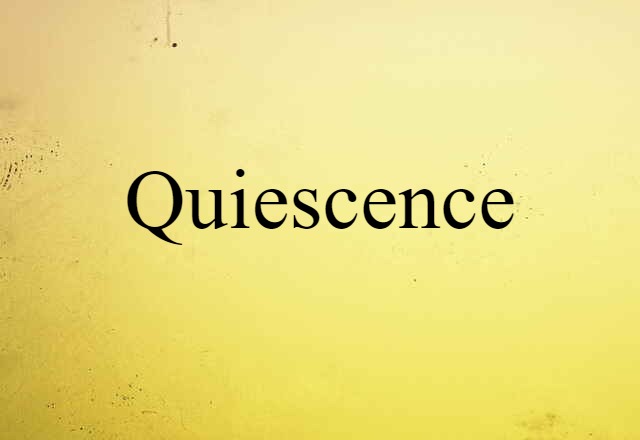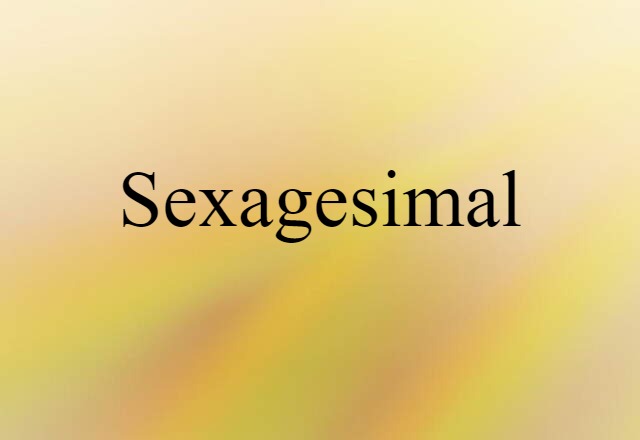- a space entirely devoid of matter.
- an enclosed space from which matter, especially air, has been partially removed so that the matter or gas remaining in the space exerts less pressure than the atmosphere (opposed to plenum).
- the state or degree of exhaustion in such an enclosed space.
- a space not filled or occupied; emptiness; void: The loss left a vacuum in his heart.
- a vacuum cleaner or sweeper.
- a state of lowest energy in a quantum field theory.
- of, pertaining to, employing, or producing a vacuum.
- (of a hollow container) partly exhausted of gas or air.
- pertaining to a device or process that makes use of a vacuum to accomplish a desired task.
- noting or pertaining to canning or packaging in which air is removed from the container to prevent deterioration of the contents.
- to use a vacuum cleaner on; clean with a vacuum cleaner: to vacuum rugs.
- to treat with any vacuum device, as a vacuum drier.
- to use a vacuum cleaner: to vacuum in the dining room.
- a region containing no matter; free space
- a region in which gas is present at a low pressure
- the degree of exhaustion of gas within an enclosed space
- a sense or feeling of emptiness
- short for vacuum cleaner
- of, containing, measuring, producing, or operated by a low gas pressure
- to clean (something) with a vacuum cleaner
















